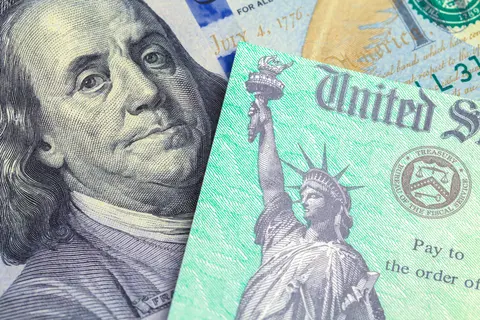
Public goods
Public goods – definition
A public good is a good which when supplied to one individual is immediately available to others at no charge, hence there is a free rider problem.
A public good, such as street lighting, exhibits several characteristics, including:
- Non-excludability – once supplied, potential users or consumers cannot be preventing deriving a benefit.
- Non-rivalry – once supplied, individuals do not need to compete with each other, given that it become ‘freely available’ once it is produced.
- Non-diminishability – when one consumer uses the good the stock available to others does not diminish.
- Non-rejectability – once a public good is supplied it cannot be rejected by beneficiaries.
- Non-marginal cost – once supplied, the marginal cost of supplying another individual is zero.
The result is that producers cannot charge at the point of consumption, and could not, therefore, generate any revenue or profit. Hence, the main solution to the problem of public goods is to impose a general tax on beneficiaries in order to enable the initial production of the public good (and the fixed costs of production), and then to enable variable costs to be covered as the good is supplied on a continuous basis.
New technology can also help solve (or partly solve) the problem of public goods. For example, number-plate recognition software can enable vehicles to be charged for using bridges (which are quasi public goods).


